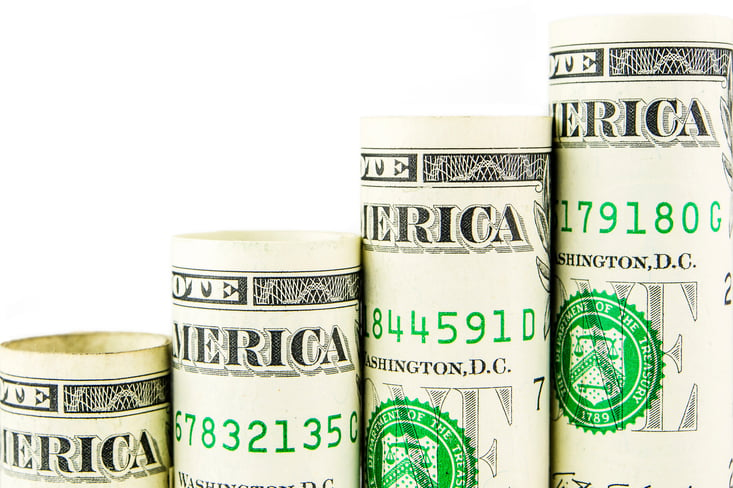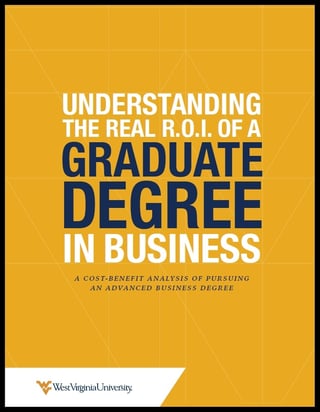
When you think of economics, your mind probably doesn’t automatically go to what Homer Simpson would have to say about the field. But if you look close enough, you’ll see that there is a lot of economics you can learn from The Simpsons main character. At least that’s what Economics Professor Dr. Joshua Hall thinks, and that’s why he wrote a book entitled Homer Economicus: The Simpsons and Economics.
Here are four economics lessons from Homer Simpson by way of Dr. Hall.
1. “New Kid on the Block”
People make decisions at the margin. Dr. Hall uses the episode “New Kid on the Block” to show how Homer discovers that a nearby restaurant is all-you-can-eat, and once inside, he tries to eat until the benefit he gets from the last plate is zero (unfortunately the restaurant runs out of food).
2. “King-Size Homer”
Individuals respond to incentives. The episode “King-Size Homer” begins with Homer trying to avoid office calisthenics. He quickly realizes that if he is classified as disabled he can work at home, and after going through his options, he gains 61 pounds in order to be classified as “hyper-obese.” While not everyone will respond to the same incentives as Homer, we all respond in a predictable way to changes in costs and benefits of an activity.
3. “Lisa’s Rival”
There is no such thing as a free lunch. A phrase frequently uttered by economists, this saying basically means that everything has a cost (it just might not be directly out-of-pocket). A prime example of this concept occurs when Homer finds an overturned sugar truck on the highway in “Lisa’s Rival.” Homer quickly fills his car with this “free” sugar and spends considerable time and money trying to sell this free sugar, including taking an unpaid day off of work.
4. “Lard of the Dance”
The profit-and-loss system gives valuable feedback about the value of resources used in producing goods and services. In the episode “Lard of the Dance” Homer decides to make some extra money selling grease. He and Bart fry up $27 worth of bacon to earn $0.63 from the grease buyer, and the fact that Homer’s costs are greater than his revenues is important because it sends a signal that he is wasting his (and society’s) resources.
Dr. Joshua Hall took an innovative perspective on economics and how it permeates more areas of life than we often realize. Dr. Hall’s book also features chapters from top economic educators around the country who have also used clips from the popular show in class to show students that the “economic way of thinking” is everywhere.
Note: This article first appeared in West Virginia University's B&E magazine in Spring 2014.
Here at WVU, we know that choosing a graduate school program can be stressful. But if you're seriously considering getting a master's in business, you should know that the business and economics faculty here at WVU is dedicated to preparing you with the skills and knowledge needed to succeed in an evolving business landscape. We hope you'll take a look at our various business-related programs!
Interested in learning about the real return on investment of a graduate degree in business? Check out our guide!










